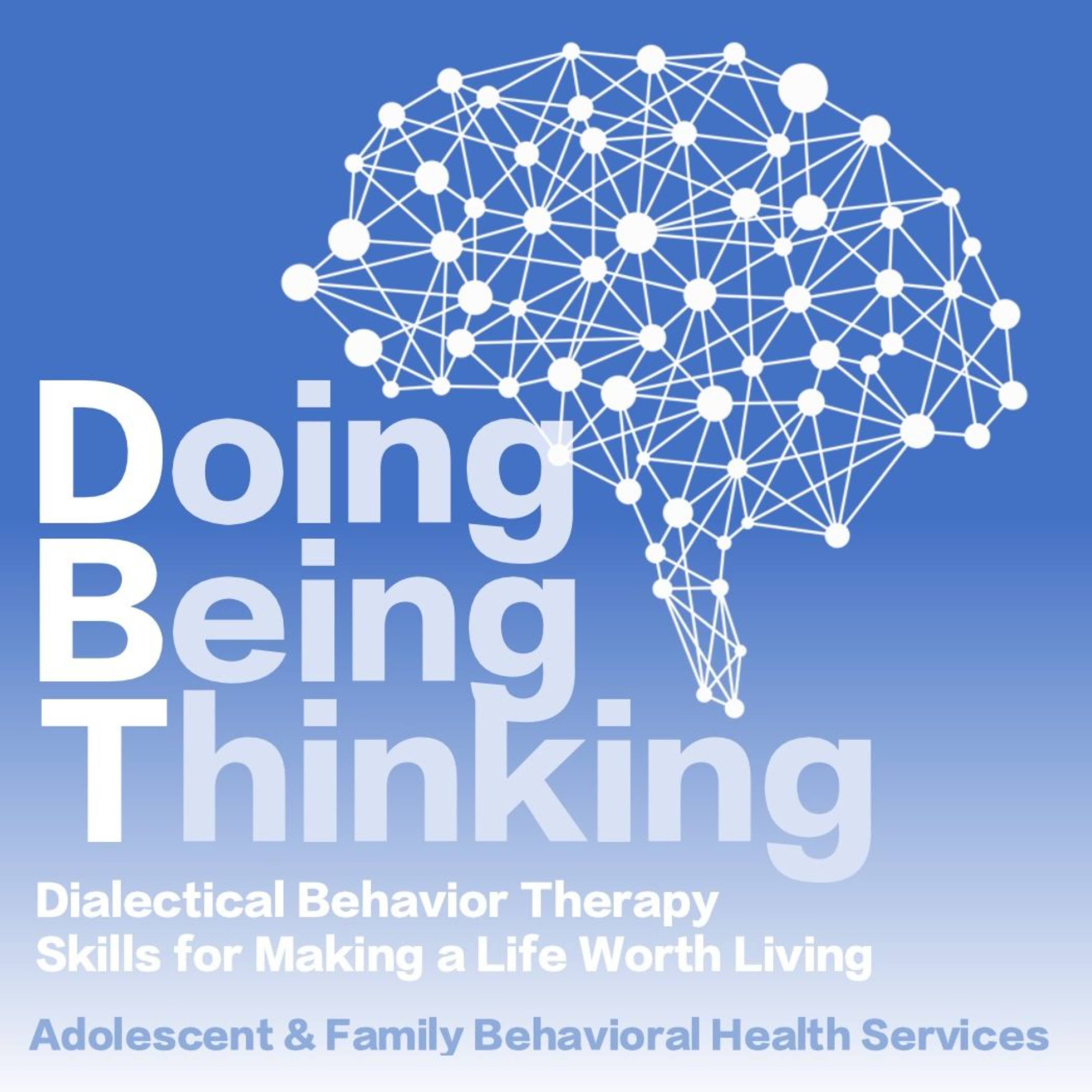
All Episodes
Episodes
Episode 14 - TIP Part 1 of 2
The TIP skills are a set of skills for rapidly bringing down emotional distress. In this episode, we will discuss how bringing down body temperature through a series of scientifically-verified techniques can help...
View Episode
Episode 13 - Pros & Cons
Have you ever wanted to act in such a way that you get a quick reward but realize that later you would regret your behavior? Pros and Cons is a skill that helps us to evaluate between acting on our urges or resisting...
View Episode
Episode 12 - STOP Skill
Learn how to use the DBT STOP Skill to pause, ground yourself, and make effective choices instead of reacting on impulse. In this video, we’ll walk through each step of STOP—Stop, Take a step back, Observe, and...
View Episode
Episode 11 - Being Effective
Learn how to apply Dialectical Behavior Therapy (DBT) skills to Being Effective in everyday life. In this video, we’ll break down practical strategies you can use to stay focused on your goals, balance emotions, and...
View Episode
Episode 5 - All About Mindfulness
Mindfulness is a core skill in Dialectical Behavior Therapy (DBT) and is often the first skill taught. It involves being present and paying attention to what is happening in the moment without judgment. Mindfulness...
View Episode
Episode 7 - Observing & Describing
In DBT, "observing" refers to noticing and paying attention to experiences without judgment, while "describing" involves putting words to those observations accurately and non-judgmentally. Both skills are essential...
View Episode
Episode 10 - One Mindfully
"One-mindfully" in DBT mindfulness means focusing on one thing at a time with full attention. It involves being fully present in the moment and avoiding distractions.
View Episode
Episode 8 - Participating
In DBT mindfulness, "participating" means fully engaging in the present moment and activities with awareness, without self-consciousness or judgment. It involves immersing oneself in the experience and acting with...
View Episode
Episode 6 - Wise Mind
In Dialectical Behavior Therapy (DBT), "wise mind" refers to a balanced state of mind that integrates both emotional and rational thinking. It represents a deep inner wisdom that combines intuitive understanding with...
View Episode
Episode 9 - Non-Judgemental Stance
In DBT mindfulness, a "non-judgmental stance" means observing thoughts and experiences without labeling them as good or bad. It involves accepting things as they are without criticism or evaluation.
View Episode
Episode 4 - Chain Analysis
Completing a chain analysis about your behaviors will help you identify patterns in thoughts and feelings that lead to unwanted behaviors. AND it helps you slow down things enough to identify interventions that can...
View Episode
Episode 3 - Diary Cards
Completing diarys cards is an effective method for setting yourself up for success by tracking behaviors and emotions.
View Episode



